Are you looking for all-natural cancer treatment? Check out the reishi mushroom!
This medicinal fungus has a long history of use in Asia for cancer treatment and prevention, and research is now starting to back up these claims.
Please keep reading to learn more about the top benefits of reishi mushrooms for cancer, how they work, and some recent research on this topic.
Reishi Mushroom: Is It Effective in Cancer Treatment?
Ganoderma Lucidum, known as Reishi in Japan and Lingzhi in China, is an invaluable superfood mushroom. These woody and tough mushrooms have a bitter taste.
Read More:Learn about the Reishi mushroom taste.
However, the mushroom's taste doesn't match its benefits for the immune system. The mushroom has been used for centuries and is notable for its immune-enhancing, free-radical fighting, liver health benefits, stomach protection, and stress-relieving properties. The reishi mushroom also plays a crucial role in fighting off cancer cells.
Read More: See all the benefits of Reishi mushroom.
Reishi mushroom cancer research has noted that the active compounds in the mushroom have activity against tumor cells. Research suggests that the fungus can be used for many types of cancers.
This article will help you understand Reishi mushrooms' relationship with cancer and its treatment mechanisms.
Let's dive in!
How Does Reishi Mushroom Help Fight Cancer?

The anticancer benefits of Ganoderma Lucidum have been an exciting topic for many scientific studies. The cancer-fighting potential of the reishi powder has been evaluated in preclinical trials and laboratory research.
Read More: Learn how to use Reishi mushroom powder.
Red Reishi—also known as lingzhi mushroom—consists of a fruiting body, mycelium, and spores. The mature fruiting bodies of the fungus contain a high level of triterpenes (or ganoderic acid). Triterpenes are bioactive compounds that are structurally similar to steroids.
These compounds play a crucial role in Reishi's cancer benefits—they inhibit cancer cells' growth and invasive properties. Triterpenes reduce the expression(1) of Matrix Metalloproteinase (MMP). MMP is an enzyme that facilitates the spread of cancer cells by breaking down the insoluble barriers in the body.
Reishi mushrooms also limit the attachment of cancer cells(2) to the lining of blood vessels and stop their spread through the bloodstream.
Read More: See how cordyceps fights cancer.
Normal cells transform into cancer cells due to mutations in their genes. Reishi's antioxidant properties(3) protect the cells from mutations and reduce the risk of inflammation.
The fruiting body of Ganoderma mushrooms contains polysaccharides like beta-glucans and Ganopoly. When added to foods, these compounds (beta glucan polysaccharides) stimulate and support the functions of the immune system.
Polysaccharides also promote a normal cell turnover, maintaining overall wellness in the body—this also plays a crucial role in helping reishi mushrooms fight cancer.
Reishi extract has other bioactive proteins that contribute to(4) immunosuppressive and antioxidant medicinal properties. The spores of Ganoderma lucidum have long-chain fatty acids that fight cancer cells. Reishi's polysaccharides and triterpenes kill tumor cells(5) and protect against(6) chemotherapy's harmful effects.
Reishi Mushroom Dosage For Cancer
The recommended Reishi dosage is about 1.5 grams daily for up to 12 months. The cancer-fighting mushroom is also effective at 1800 mg (1.8 grams) per day dosages.
Remember that the ideal dosage varies from one person to the other. For this reason, talking to a health professional about the reishi medicinal mushroom's cancer dosage is always a good idea.
This will ensure you are using the reishi mushrooms for cancer treatment at a dosage that guarantees maximum benefits without causing side effects.
What Are The Benefits Of Reishi In Cancer: The Science And Research
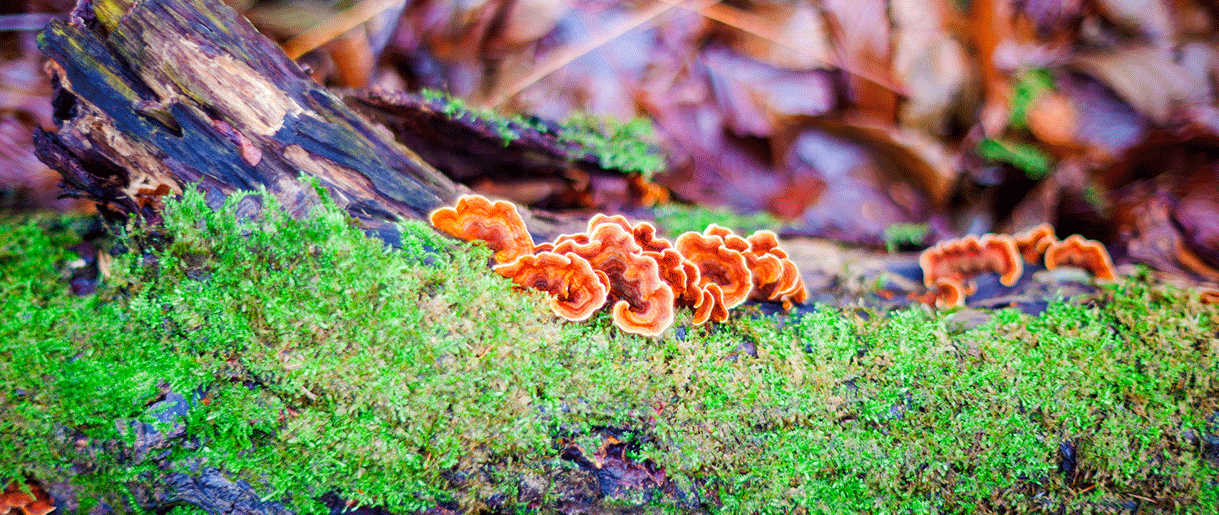
Now that you know Reishi is one of the mushrooms that fight cancer, you may want to go ahead and have a deeper understanding of the benefits that the mushroom offers. The Reishi mushroom has shown anticancer activity in vitro studies, studies done in animal models, and human studies.
The Reishi mushroom fights cancerous cells(7) in the lung, white blood cells, liver, breast, prostate, uterus, cervix, ovaries, colon, and bladder. Below, we take a deeper look at the research data:
Study #1: Reishi Mushroom Has Tumor Inhibitory Properties
One study(8) on mushrooms to fight cancer tested several mushrooms for their tumor-inhibitory properties, of which Reishi was the most effective.
The methanol extract of the reishi mushroom had cytotoxic effects on tumor cells by bringing the cell division cycle to a halt—this resulted in a reduction in cancer symptoms. The bioactive ingredients in the mushroom induced cancer cells' death.
Study #2: Ganoderma Lucidum Suppresses Adenomas Development
Reishi mushroom extracts suppress the development of adenomas, a precursor of colorectal cancers. This study suggests that patients using Ganoderma lucidum medications can avoid or reduce the risk of this disease.
One research study(9) enrolled two study groups with colorectal adenomas, one taking Reishi mycelium and the other without any treatment. The adenomas were evaluated on colonoscopy after a 12-month study period.
The number of adenomas increased in people not taking the mushroom supplement. From the study's conclusion, it is right to say that Reishi has an anti-tumor or anticancer activity that lowers the chances of people developing colon cancer.
Study #3: Reishi Mushroom Has Anti-Angiogenesis Properties
Reishi mushroom has potent anti-angiogenesis properties(10). Angiogenesis forms new, abnormal blood vessels, continuously providing nutrients to cancer cells.
Angiogenesis has many toxic effects. It may help tumor cells spread to new and distant sites through the blood vessels.
Reishi achieves the anti-angiogenesis effect by blocking risk factors: Transforming Growth Factors Beta (TGF-B) and Vascular Endothelial Growth Factors (VEGF). When the tumor cells do not receive an adequate blood supply, they cannot grow or multiply.
This also stops the distant spread of cancers, meaning the mushroom of immortality—the reishi mushroom—works against metastasis.
Study #4: Reishi Mushroom Treats Breast Cancer
A 2014 study(11) explored the benefits of Ganoderma in highly invasive breast cancer cells.
The reishi mushroom suppressed the breast-to-lung metastasis of the tumor cells through the downregulation of genes responsible for the invasion.
Study #5: Reishi Mushroom Enhances Immune Cells
Ganoderma Lucidum enhances the immune system. The mushroom increases(12) the percentages of different types of white blood cells (CD3, CD4, and CD8 lymphocytes). These CD cells specialize in killing the tumor cells and other invaders.
Reishi also marginally increases the activity of Natural Killer (NK) cells, which are indicators of self-defense against the tumor cells. This immuno-modulating effect of the mushroom helps patients avoid tumor growth.
Study #6: Reishi Mushroom Treats Viruses That Cause Cancer
The polysaccharides of Reishi mushroom can inhibit(13) many types of viruses, including Hepatitis B Virus (HBV, Ebstein Barr Virus (EBV), and Herpes Simplex Virus (HSV 1 and 2).
Chronic HBV infection can eventually lead to the development of Hepatocellular Carcinoma(14), while EBV is linked to Hodgkin's and Burkitt's lymphoma. HSV type 1 is associated with cancers of the oral cavity and throat, while type 2 is connected with cervical cancers in women.
Study #7: Reishi Is A Chemotherapeutic Agent
Extracts of Reishi are potent chemotherapeutic agents. Patients given anticancer regimens containing Ganoderma lucidum were 1.27 times(15) more likely to respond to radiotherapy and chemotherapy than other patients. The mushroom also increases the efficacy of radiotherapy(16).
The antioxidant property of Reishi helps increase plasma antioxidant levels. This can lead to interaction(17) between the chemotherapy agents that rely on free radicals.
Studies have demonstrated that patients on Reishi were likelier to have tumor shrinkage than patients only using cancer medicine. Furthermore, Reishi is well tolerated by patients on chemotherapy, similar to other natural remedies.
65%(18) of people with advanced cancer have reported an increase in their quality of life after using Reishi mushrooms. The mushroom alleviates nausea(19) induced by chemotherapy. There is also an increase in the cellular immunity index by 80%(20).
How Other Reishi Mushroom Benefits Help With Cancer Treatment And Prevention

1. Reishi Diabetes Benefits And Cancer
A research study conducted in 2017(21) used 383,799 subjects without diabetes and 23,358 with diabetes. The study concluded that overall cancer incidence was higher in subjects with diabetes than in those without diabetes.
Therefore, diabetes increases the risk of developing cancer. From the research study, patients with Type 2 diabetes had an increased risk, particularly among those who used insulin, primarily when combination therapy was used.
Reishi treats diabetes—research studies have confirmed the mushroom's blood sugar management benefits.
A study conducted in 2019(22) showed that Ganoderma Lucidum could be used to treat diabetes and insulin resistance. Another research study conducted in 2015(23) determined that reishi mushrooms increased the antibody detection of insulin.
By helping treat diabetes and regulating blood glucose levels in diabetic people, the reishi mushroom reduces the risk of developing cancer.
2. Reishi Blood Pressure Benefits And Cancer
A research review conducted in 2021(24) linked hypertension and some cancers. According to the study, prostate cancer is likelier to develop in hypertensive males.
Moreover, endometrial and breast cancer are likelier to develop in hypertensive women. The review also noted that renal cancer risk factors include hypertension.
Reishi is an effective hypertension treatment option. A research study conducted in 2018(25) concluded that Reishi was as effective as losartan—a hypertension medication—when lowering high blood pressure.
Read More: See how Chaga fights hypertension.
Reishi Mushroom For Cancer Video
3. Reishi Sleep Benefits And Cancer
According to a research study conducted in 2012(26), people who sleep for less than 6 hours every night are at higher risk of developing chronic diseases, particularly cancer and stroke.
The mushroom reishi has sleep benefits. By helping people enjoy a restful night that eliminates fatigue, stress, and much more, Reishi helps lower the risk of cancer.
4. Reishi Skin Benefits And Skin Cancer
Reishi improves skin health. As part of the reishi mushroom skin benefits, Ganoderma Lucidum reduces the risk of melanoma, cancer affecting the skin.
A research study conducted in 2018(27) determined that the reishi mushroom has a beneficial effect on the treatment and prevention of melanoma.
5. Reishi Hormonal Balance Benefits And Cancer
According to an article published on the US Government Cancer website(28), a woman's ovarian production of estrogen and progesterone and her chance of developing breast cancer are connected. The article noted that breast cancer risk is associated with prolonged exposure and high levels of these hormones.
One study(29) revealed that younger women's breast cancer risk is influenced mainly by the number of full-term pregnancies and recent alcohol usage via the estrogen and progesterone receptors, respectively.
These research articles show that hormonal balance plays a vital role in cancer prevention. Reishi has hormonal balance benefits—using reishi products can help women reduce the risk of developing breast cancer.
6. Reishi Weight Loss Benefits And Cancer
According to an article published on the CDC website(30), obesity and being overweight raise your risk of developing cancer. The article notes that 13 different forms of cancer are likelier to develop in overweight or obese people. The author pointed out that each year, these malignancies account for 40% of all cancer diagnoses in the US.
The mushroom reishi supports weight loss. Helping you lose and maintain a healthy body weight, Reishi reduces cancer risk.
Key Takeaways
Multiple reports of Reishi mushroom and cancer inhibitory activity are mainly based on its immune-modulatory and antioxidant properties. Reishi mushroom has anti-proliferative effects on various cancer cells.
The mushroom suppresses tumor spread and blocks their blood supply. Reishi mushrooms have also been used to counteract chemo and radiotherapy-induced side effects, including depletion of lymphocytes.
Have you tried Reishi mushrooms before? What benefits did you enjoy? Let us know in the comments.
References
- Ganoderic Acid Me Inhibits Tumor Invasion Through Down-Regulating Matrix Metalloproteinases 2/9 Gene Expression, (1)https://pubmed.ncbi.nlm.nih.gov/18946196/
- Serum amyloid A mediates the inhibitory effect of Ganoderma lucidum polysaccharides on tumor cell adhesion to endothelial cells, (2)https://pubmed.ncbi.nlm.nih.gov/18695905/
- Antioxidant Properties of Several Medicinal Mushrooms, (3)https://pubmed.ncbi.nlm.nih.gov/12358482/
- Ganoderma lucidum (Lingzhi or Reishi), (4)https://www.ncbi.nlm.nih.gov/books/NBK92757/
- The dual roles of Ganoderma antioxidants on urothelial cell DNA under carcinogenic attack, (5)https://pubmed.ncbi.nlm.nih.gov/18550308/
- Medicinal mushroom modulators of molecular targets as cancer therapeutics, (6)https://pubmed.ncbi.nlm.nih.gov/15726350/
- Ganoderma lucidum (Lingzhi or Reishi), (7)https://www.ncbi.nlm.nih.gov/books/NBK92757/
- Cytotoxic activity of methanol extracts from Basidiomycete mushrooms on murine cancer cell lines, (8)https://pubmed.ncbi.nlm.nih.gov/15125575/
- A water-soluble extract from culture medium of Ganoderma lucidum mycelia suppresses the development of colorectal adenomas, (9)https://pubmed.ncbi.nlm.nih.gov/20518254/
- Medicinal mushroom cuts off prostate cancer cells' blood supply, (10)https://pubmed.ncbi.nlm.nih.gov/16376814/
- The mushroom Ganoderma lucidum suppresses breast-to-lung cancer metastasis through the inhibition of pro-invasive genes, (11)https://www.ncbi.nlm.nih.gov/pmc/articles/PMC4735696/
- Ganoderma lucidum (Reishi mushroom) for cancer treatment, (12)https://www.ncbi.nlm.nih.gov/pmc/articles/PMC6353236/
- Antiviral activities of various water and methanol soluble substances isolated from Ganoderma lucidum, (13)https://pubmed.ncbi.nlm.nih.gov/10624872/
- Hepatitis B Virus and Cancer Prevention, (14)https://pubmed.ncbi.nlm.nih.gov/21253790/
- Ganoderma lucidum (Reishi mushroom) for cancer treatment, (15)https://www.ncbi.nlm.nih.gov/pmc/articles/PMC6353236/
- Enhancement of radiation response with combined Ganoderma lucidum and Duchesnea chrysantha extracts in human leukemia HL-60 cells, (16)https://www.spandidos-publications.com/ijmm/21/4/489
- Ganoderma lucidum ('Lingzhi'); acute and short-term biomarker response to supplementation, (17)https://pubmed.ncbi.nlm.nih.gov/14630595/
- Anticancer Effects of Ganoderma lucidum: A Review of Scientific Evidence, (18)https://pubmed.ncbi.nlm.nih.gov/16351502/
- Effects of Ganoderma lucidum Extract on Chemotherapy-Induced Nausea and Vomiting in a Rat Model, (19)https://www.naturesrise.com/blogs/brainfood/reishi-mushroom-cancer
- Effects of Ganopoly® (A Ganoderma lucidum Polysaccharide Extract) on the Immune Functions in Advanced‐Stage Cancer Patients, (20)https://pubmed.ncbi.nlm.nih.gov/12916709/
- Diabetes and risk of cancer incidence: results from a population-based cohort study in northern Italy, (21)https://bmccancer.biomedcentral.com/articles/10.1186/s12885-017-3696-4
- Mushrooms of the Genus Ganoderma Used to Treat Diabetes and Insulin Resistance, (22)https://www.ncbi.nlm.nih.gov/pmc/articles/PMC6891282/
- Anti-diabetic effects of Ganoderma lucidum, (23)https://pubmed.ncbi.nlm.nih.gov/25790910/
- Etiology and management of hypertension in patients with cancer, (24)https://cardiooncologyjournal.biomedcentral.com/articles/10.1186/s40959-021-00101-2
- Hypotensive and neurometabolic effects of intragastric Reishi (Ganoderma lucidum) administration in hypertensive ISIAH rat strain, (25)https://pubmed.ncbi.nlm.nih.gov/29519314/
- Association of sleep duration with chronic diseases in the European Prospective Investigation into Cancer and Nutrition (EPIC)-Potsdam study, (26)https://pubmed.ncbi.nlm.nih.gov/22295122/
- Ganoderma: A Cancer Immunotherapy Review, (27)https://www.frontiersin.org/articles/10.3389/fphar.2018.01217/full
- Hormones, (28)https://www.cancer.gov/about-cancer/causes-prevention/risk/hormones
- Hormone-related risk factors for breast cancer in women under age 50 years by estrogen and progesterone receptor status: results from a case–control and a case–case comparison, (29)https://www.ncbi.nlm.nih.gov/pmc/articles/PMC1779482/
- Obesity and Cancer, (30)https://www.cdc.gov/cancer/obesity/index.htm



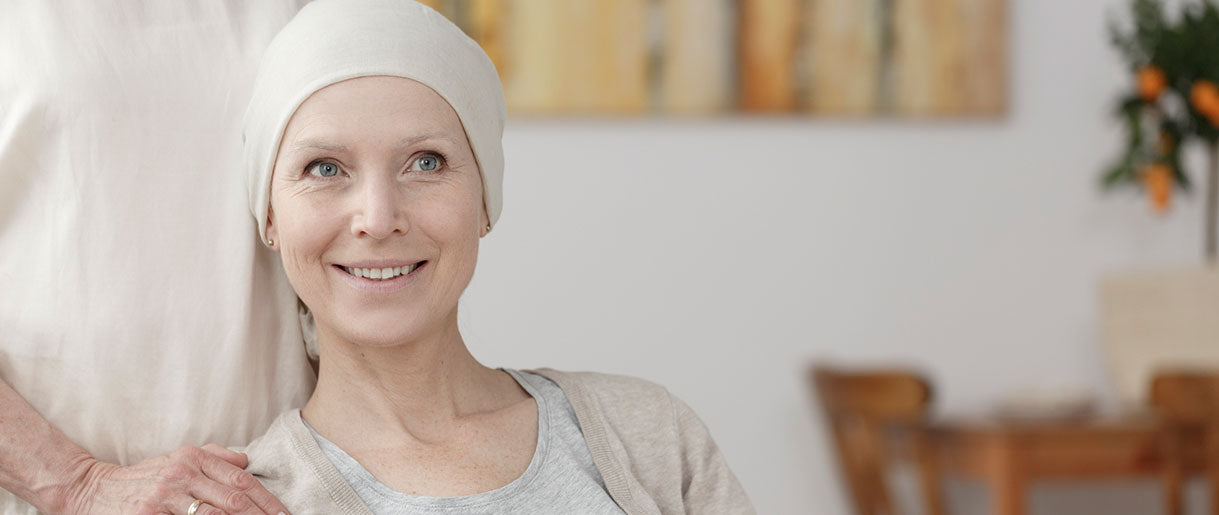

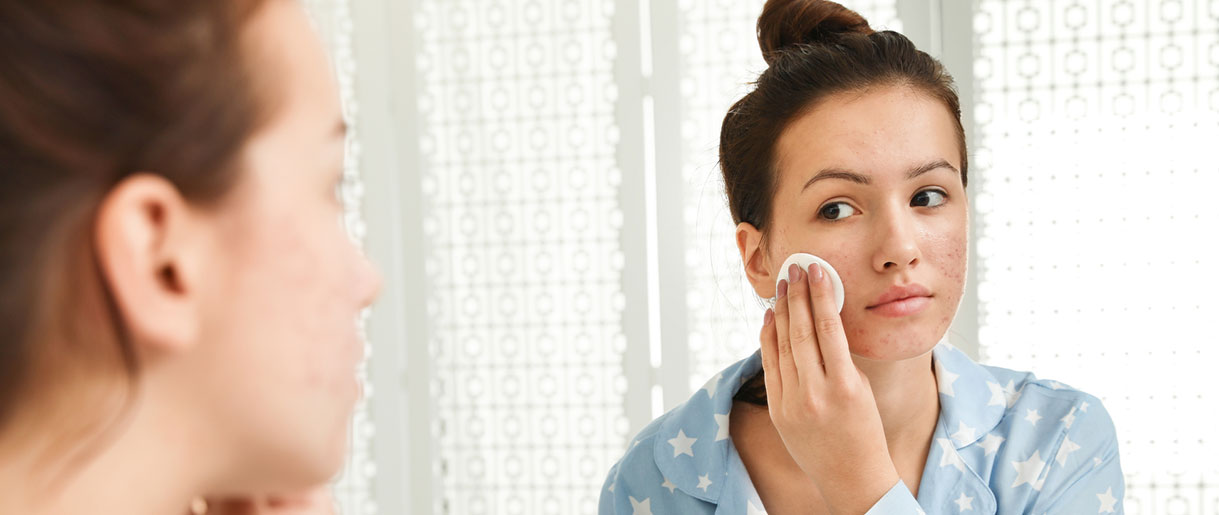
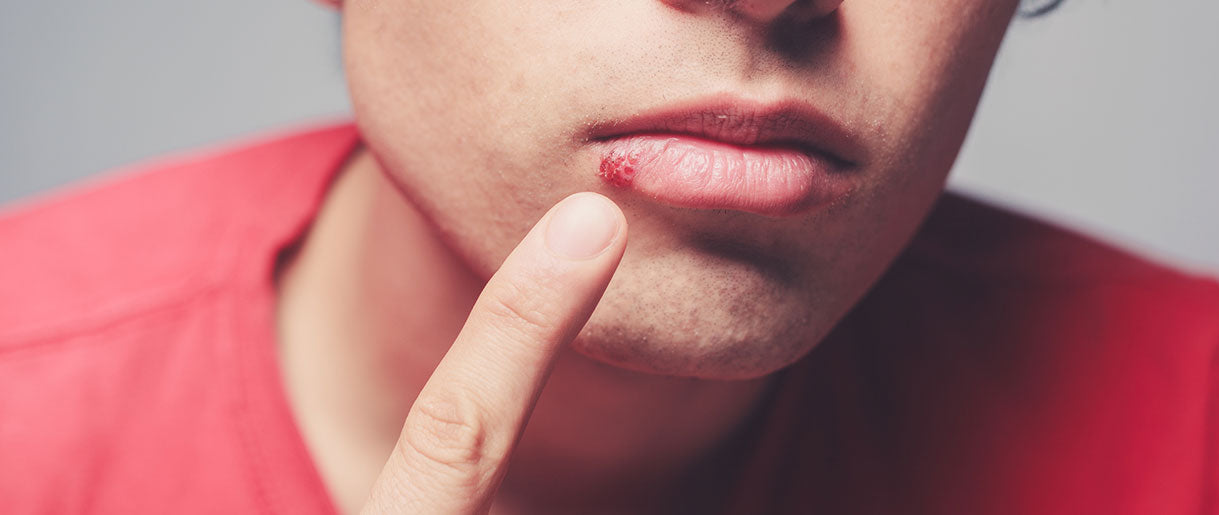

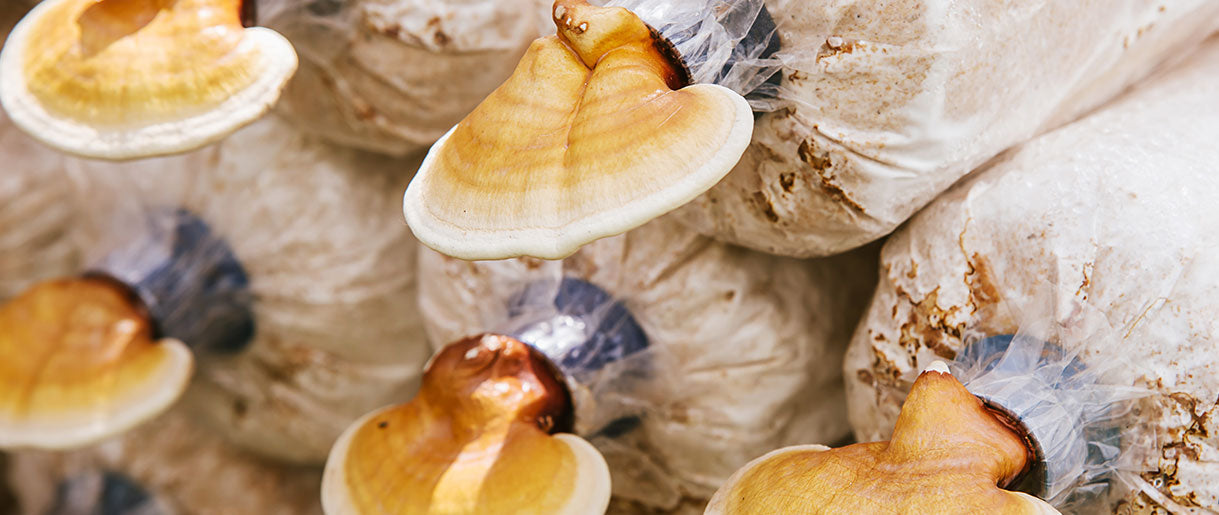
Let Us Know Your Comments